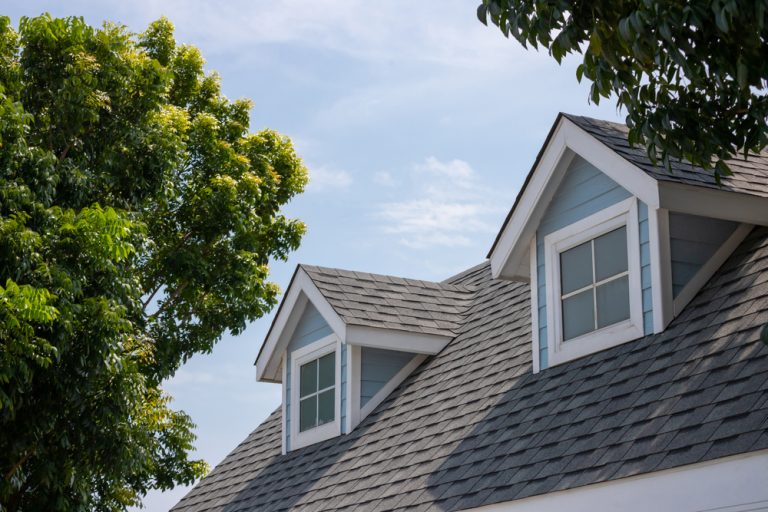Houses are usually located in quiet, peaceful neighborhoods, where members can destress and focus on their growth and recovery journeys. They are focused on helping residents re-enter common society after spending time in prison. These centers offer treatment, which some residents may have to attend as part of living there. Sober home programs also enforce strict sets of house rules designed to create stable, structured living environments. As residents learn to incorporate relapse prevention strategies within their daily lives, they develop the type of lifestyle that makes long-term abstinence possible once they go out on their own.
- The biggest benefit of online support groups is that you can attend from almost anywhere without having to commute or drive to the meeting location.
- Women for Sobriety focuses on strategies that prioritize self-empowerment to overcome addiction and uses positive affirmations and mantras for self-value and emotional growth.
- The app allows you to share your location (if you chose to share it) and helps you locate other people using the app in your area.
- This small town with a vibrant atmosphere is perfect for recovering addicts.
If you or a loved one is experiencing symptoms of AUD, it’s important to speak with a healthcare professional. Stay connected to others who have been where we’ve been, hear their stories, https://trading-market.org/art-therapy-for-drug-alcohol-addiction-recovery/ and know that we are not alone. Over 90 days, or 13 weeks, you will learn about the five core practices of sobriety as defined in Laura’s recently published book, Push Off From Here.
SoberGrid
Finding support while you’re dealing with addiction or alcohol use disorder can be challenging and overwhelming. Friends and family members may offer help but a structured group or program can be more effective in providing a plan that can keep you on track toward your goal of recovery. It provides a safe space for sharing your experiences and challenges, while also offering a new network to connect with as you try to live a sober lifestyle. Many of the online groups here offer 24/7 access to an online community and resources and tools that can help motivate and guide you.
The AA website offers a listing of alcohol support groups and meeting places in your area, as well as links to the local chapter’s website. No matter where you look, you seem to see ads enticing https://trading-market.org/uk-construction-dives-amid-housebuilding-slump-and/ you with the promise of how much more fun your life can be with a few drinks. But for someone working on their sobriety, these ads are far from fun reminders of their addiction.
For those who are new to sobriety or already sober and need some extra support.
AA hosts free meetings for members to share their experiences with addiction and to uplift each other. Members can bond over their common challenges while engaging in the 12 Steps, a spiritual foundation to develop strength and harness hope to recover. If you do not have an internet connection at home or access at another location you’re comfortable with, it can present a barrier to regularly attending online groups and getting the consistent support you need. Online alcohol support groups also require consistent access to the internet and tools like a computer or smartphone that allows you to connect via video services.
The cost of alcohol recovery programs can create a barrier for some people to access support. While some insurance providers have limitations on covering rehabilitation centers, most support groups are completely free. Much like mental health forums, online sobriety support groups can supply accessible and stigma-free aid. People may find comfort knowing they’re partaking in programs developed by experts and surrounded by people who have lived in their shoes. Loosid offers chat groups to help sober people meet one another where they live, make new sober friendships, and find people to do activities that don’t revolve around alcohol.
What if I don’t have a Smartphone?
With the variety of resources available, these communities offer, from apps to chat groups to coaching programs, you’ll inevitably find an option suited to your needs. They welcome and embrace anyone who identifies as LGBTQIA+ in the AA fellowship for meetings, providing that extra little bit of helpful support. They also feature a newsletter and plenty of resources (such as city updates and personal stories for inspiration) for those who want some additional information online. SBGC is a community that provides resources and support to Black girls, womxn, and non-binary folks considering beautiful sober lives. You can sign up to receive a newsletter, join the club, find support groups, get mentoring, and so much more. It reinforces the community aspect of recovery, helping you surround yourself with others who have the same goal, so you’ll be more likely to stick to it yourself.
- However, the existing 12-step recovery houses usually refused to accept inebriates.
- Similar to in-person meetings, online sobriety groups are designed to create a nurturing environment that provides support and coping mechanisms.
- We do not receive any commission or fee that is dependent upon which treatment provider a caller chooses.
- Al-Anon Family Groups give friends and family the support and resources they need to help them cope through challenging times.
- Thanks to our aftercare programs, those who complete treatment can continue fostering and building their support network.
- The organization offers both online and in-person support groups run by certified moderators and chat leaders.
- Sober living houses are alcohol and drug-free environments where residents can establish or maintain their sobriety.
The decision to change your relationship with alcohol can be due to your physical health, mental well-being, or overall lifestyle. No matter the decision, you don’t have to put a stringent label on your situation. Recovery Dharma is a nonprofit organization that uses Buddhist practices to support people on their path to recovery.
If you have an alcohol dependency, the worst time will be between 12 and 72 hours after you stop drinking, and it’s possible that you might experience what’s known as delirium tremens (DTs). If you wish to contact a specific rehab facility then find a specific Art Therapy for Addiction rehab facility using our treatment locator page or visit SAMHSA.gov. Use the sobriety journey feature to track your progress and celebrate each day. Ethos Structured Sober Living is an all male community in recovery located in the heart of West Los Angeles.





